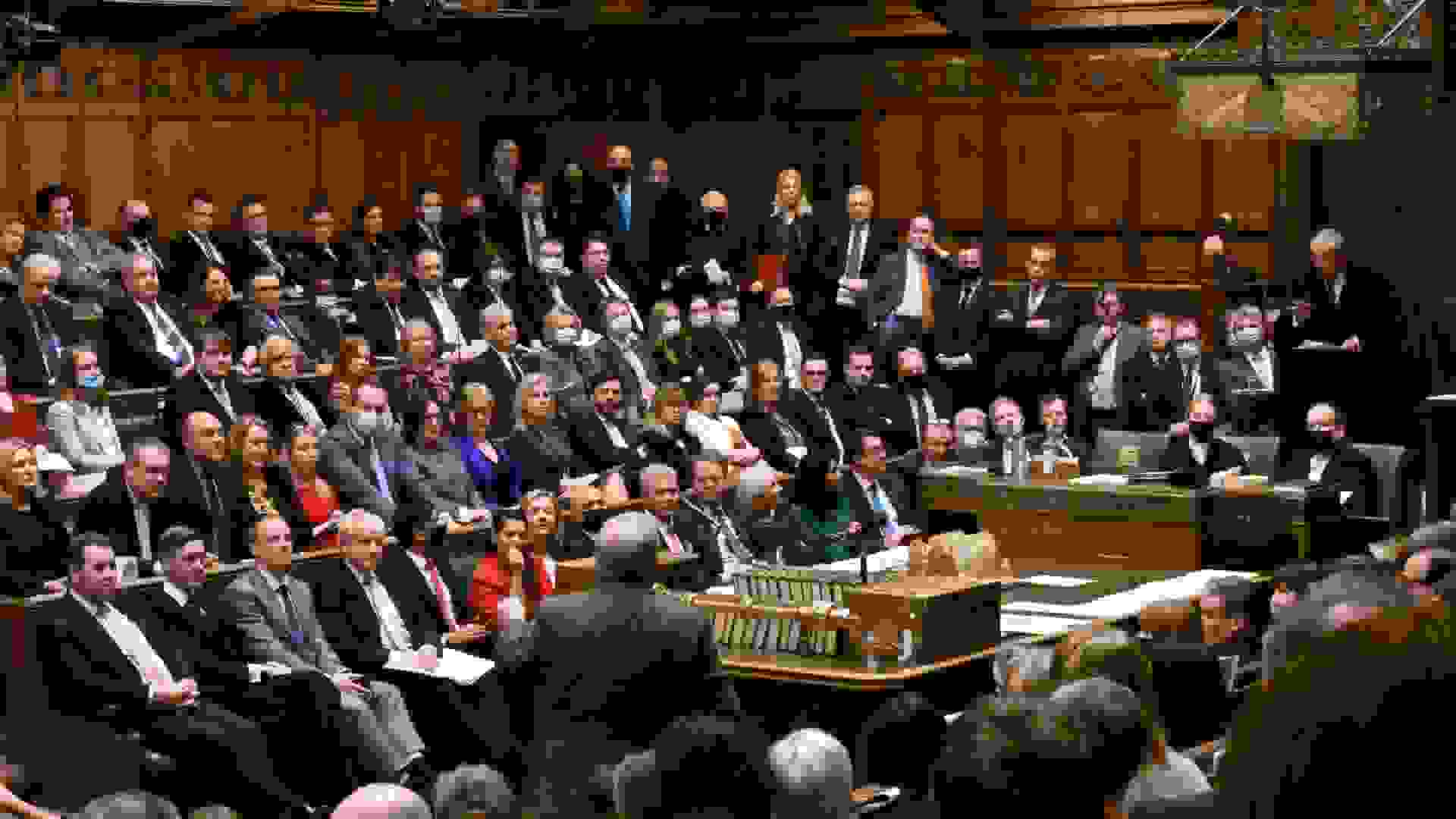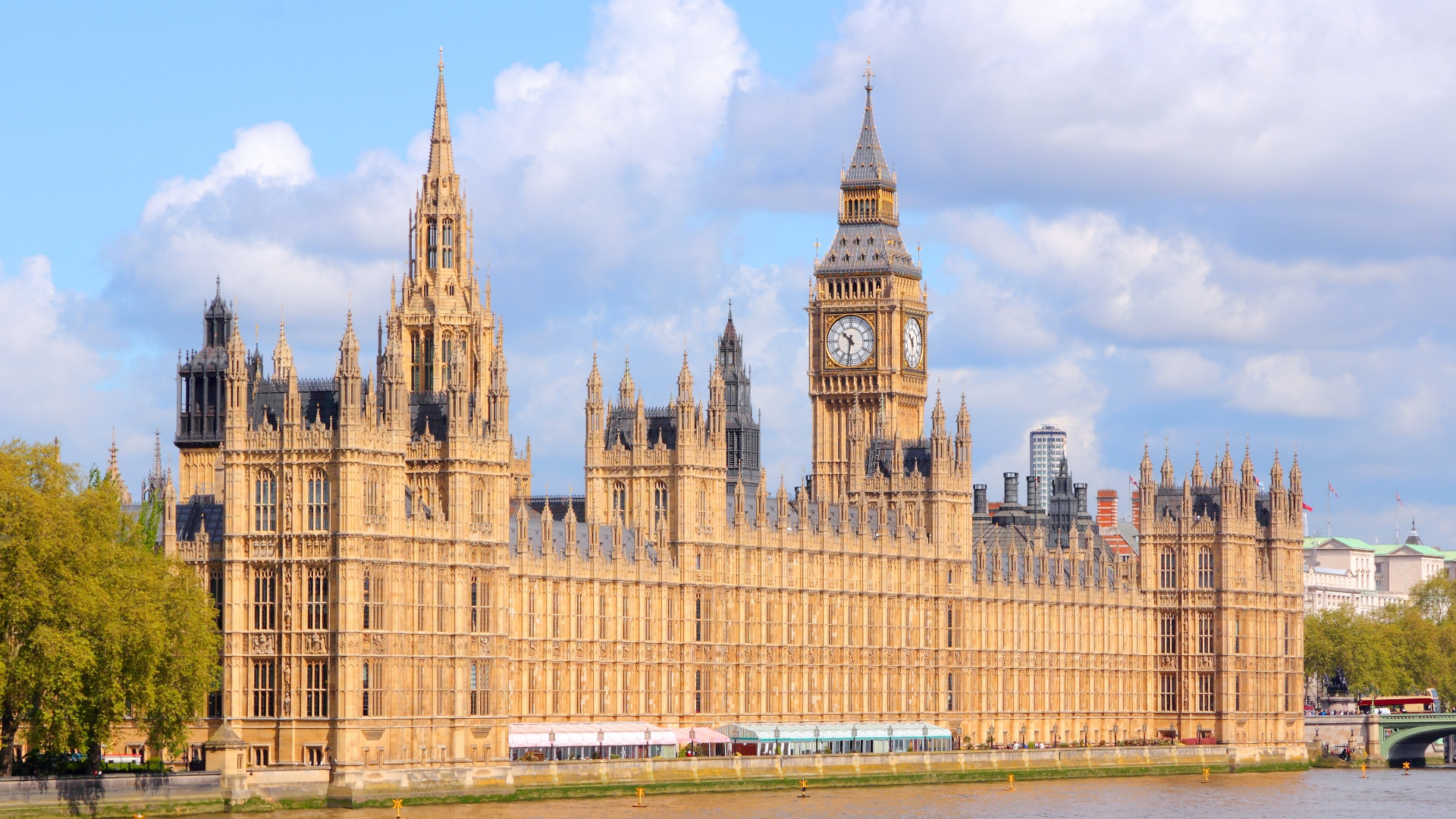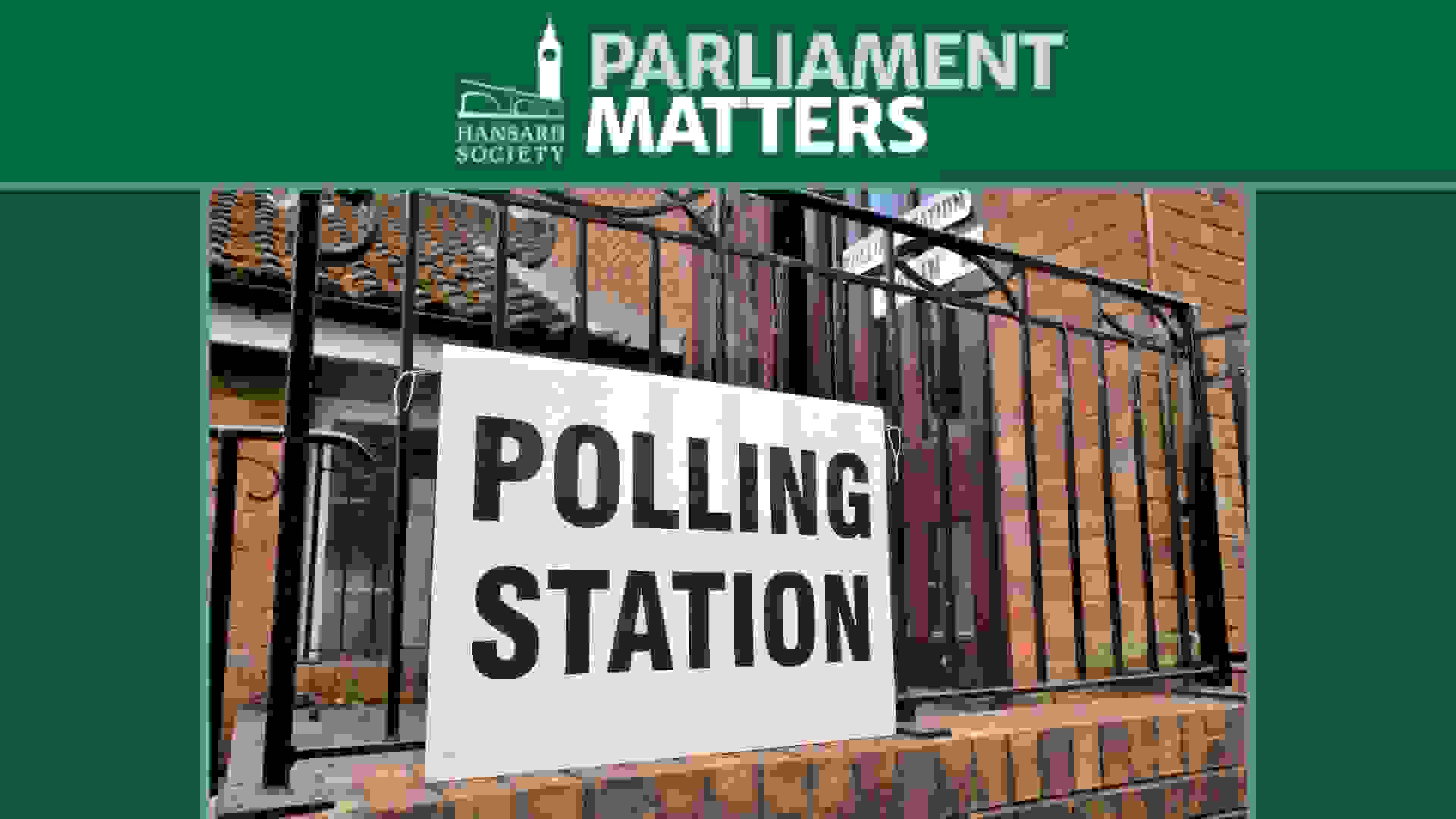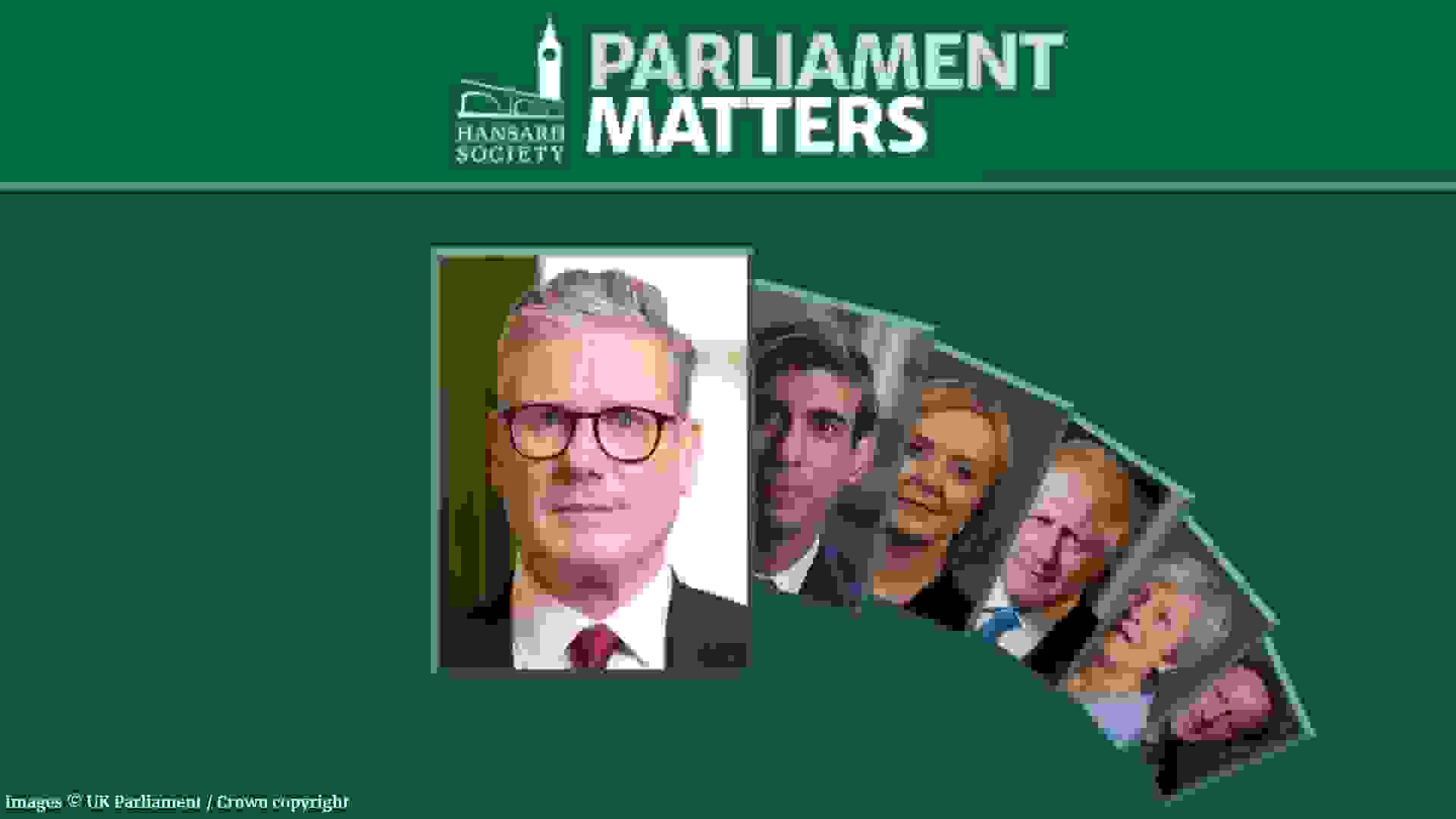The Restoration and Renewal Client Board’s latest report once again confirms what Parliament has known for nearly a decade: the cheapest, quickest and safest way to restore the Palace of Westminster is for MPs and Peers to move out during the works. The “full decant” option was endorsed in 2018 and reaffirmed repeatedly since. Remaining in the building could more than double costs, extend works into the 2080s, and increase risks to safety, accessibility and security. With the Palace already deteriorating and millions spent each year on patchwork repairs, further delay would itself be an expensive course of action, one that defers decisions without offering a viable alternative.









